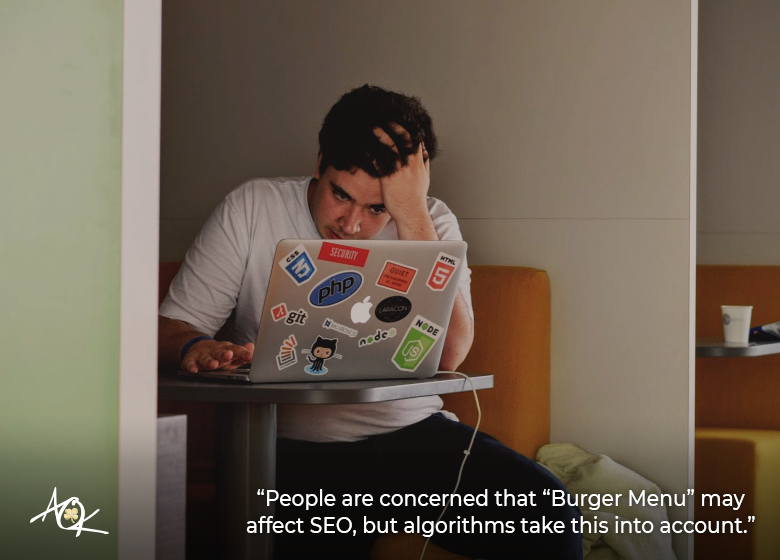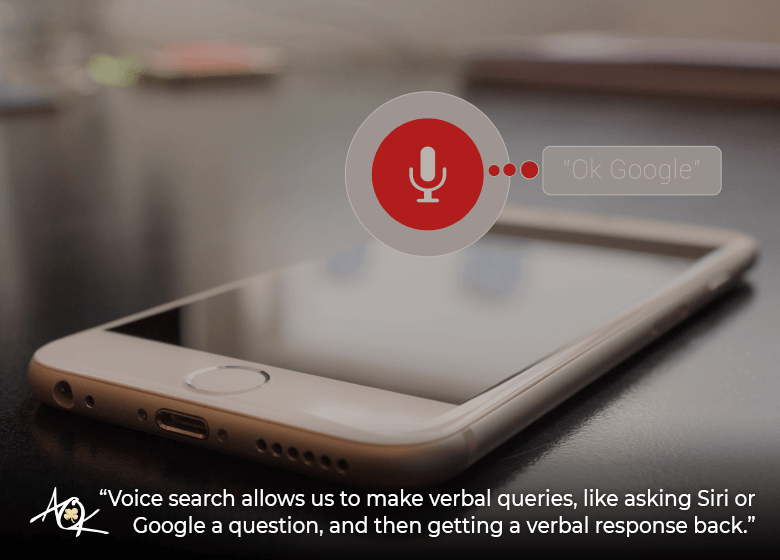SEO FAQ’s Page
Getting the most out of your search engine optimization (SEO) efforts means having a good understanding of how it works, and making sure that you’re giving the search algorithms what they want in return for a higher ranking. But if you’re starting out with SEO, you’ll probably have a lot of questions. We’re here to provide a few answers to some of the more commonly asked questions.

How Important Are Other Languages?
Providing content in other languages falls under the category of “nice to have,” but is not necessarily deemed a requirement. Algorithms are generally good at matching up queries in another language with content in the target language. Of course, if you’re actively courting an audience from another country, then, for their benefit, you’ll absolutely want your website to be available in other languages. You can strengthen your SEO efforts by using the “hreflang” attribute, which tells Google the language on your page.
Does Renovating a Site Make a Difference?
Some people may “inherit” a website or take up duties on an existing site that has already suffered from poor rankings, and the goal is now to change and improve. It’s important to realize that while the ranking of a website can change, this is an organic process. You can’t appeal to Google with a redo of a website, so they take a look at it, agree with you, and go in and readjust your current ranking. The only way to improve a site’s ranking is to naturally bring more visitors, depth, and value, or to start a new domain and get a fresh start with none of that previous baggage.
Is Crawlability Hard?
Crawlability is not necessarily hard, but it is tedious. It describes how a search engine can go through every single piece of text on your website without encountering any “dead ends.” In other words, it can see all the text your site has to offer. The bigger the website, the more time-consuming this process becomes, but optimizing your website for SEO crawlability, while dull, is a necessary practice to maximize your SEO friendliness.
Are There Other Mechanisms Besides Crawlability That Matter?
Of course, the exact nature of the algorithms for assigning rankings is a constantly moving and evolving target. But it’s safe to assume that crawling, while important, is hardly the only factor that counts. Signals and the knowledge graph are other mechanisms employed by search engines beyond merely looking at the text of a website.
Should You Use SVG Animation?
Scalable Vector Graphics animation, or SVG, can be an eye-catching way to keep users on your website. One thing you need to keep in consideration when using SVG animation is that search engines don’t interpret what’s there.
So by all means, use SVG animation on your website to attract attention and impress visitors. But don’t put your keywords, for example, in as part of the animation and expect a search engine to read them and add to your rankings.
Is Updating Content Important?
The answer to this question depends on how your website is intended to be used. If you have good, general, evergreen content that keeps driving people back to re-engage with you, then no, you don’t need to update your content for the sake of rankings. Conversely, if you’re constantly updating your content, but no one is coming to your website anyway, then you’re going to need to do something aside from frequent updates to raise your rank.
Are Bots Skewing SEO Results?
Bots are a concern everywhere, whether we’re talking about marketing agendas, advertising revenue, or even political propaganda. Bots are a part of the internet now, and it’s not hard to see why. Algorithms and people respond to popularity, so if you can create an “artificial army” that is conflating numbers by virtually promoting an idea, product, or message, that should, in theory, float that topic to the “top” of the internet.
The reality is that bots, like so many things about technology, are a part of a continually evolving attack and counter-attack maneuver. The implementation of authentication systems like Captcha is just one of many counter-measures that are in place to fight off the use of bots. And of course, the algorithms themselves are always being updated to get better at detecting and neutralizing the artificial influence of a bot army.
Is the “Burger Menu” Acceptable for SEO?
The term “burger menu” stems from the idea that mobile devices, like phones, don’t have a lot of “real estate” concerning screen size since the phone fits comfortably in one hand. Compared to desktop computers which may have screen sizes at 15″ or even more, it’s understandable to see why people designing web interfaces for mobile displays value keeping clutter and text to a minimum.
The “burger menu” concept is the result of a focus on keeping the screen “clean.” It’s usually just an icon or another symbol that, when clicked on, opens up all the navigation options that are safely tucked away. These navigation options are often stacked one on top of another, like fixings of a burger, hence the name.
However, many people are concerned that this may affect SEO efforts because the text is not immediately visible. While there are a few user interface arguments both for and against the use of burger menus, website owners don’t have to worry about its implementation reducing their rank. Algorithms take this structure into account.
What’s the Deal with Voice SEO?
Voice SEO is a very new form of search query, and it is still in its infancy. Voice search allows people to make verbal queries, like asking Siri or Google a question, and then getting a verbal response back, rather than reading what’s on a screen. This search method is a significant change from writing then reading text on a screen and clicking on it. And regarding ads, it may mean changes to the attribution model of payment that is currently being used. How that will play out, however, is unknown. Accessing the web on mobile devices seemed like a mere novelty just a few years ago, but it’s an important platform now.
Now that you’ve had a more in-depth look in SEO, you’re reading to translate your knowledge into search engine success.
About The Author
Marketing Team
The AOK Marketing Team is a diverse group of amazing individuals driven to help all of our clients succeed. Great people are everywhere, and we believe that people should control their workday, their work environment, and where they live. We have team members in 9 countries: United States, Canada, Egypt, Belgium, Ireland, Australia, India, Pakistan, and Hong Kong.
How can we help you?









